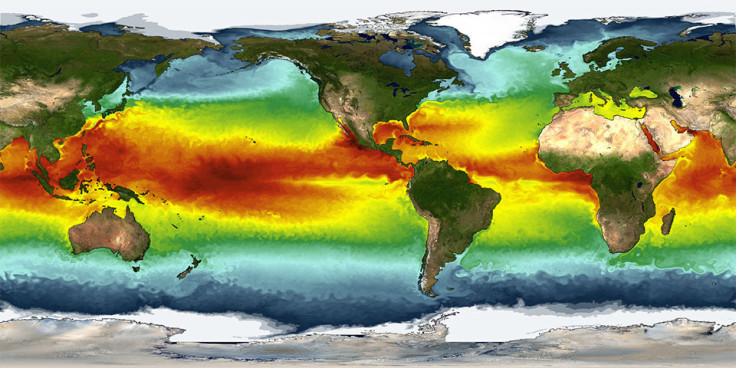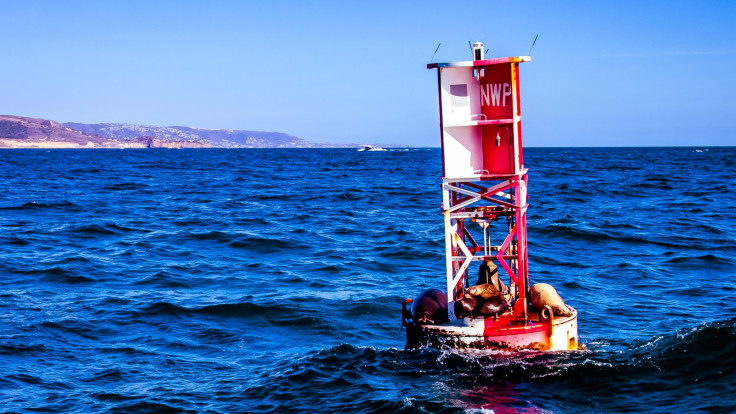The famous 'global warming hiatus' of the early 21st Century never existed, new data confirm
NOAA's scientists weren't cooking the books, the independent data suggests.
Changes in the way that ocean temperatures were measured in recent decades made it look like the oceans were getting cooler, but now independent data has confirmed that this so-called 'hiatus' in global warming never actually happened.
The cause of the apparent hiatus in rising sea-surface temperatures was first identified in 2015 in a paper in the journal Science by scientists at the National Oceanic and Atmospheric Administration (NOAA).
The paper proved controversial, but since its publication, several studies have backed up the idea that the hiatus didn't in fact happen. The apparent hiatus has been linked to poor statistical methods, among other factors.
The controversial 2015 paper has now been backed by a study in the journal Science Advances that uses independent data.
Part of the problem is how much weight to give to each of the different ways that sea-surface temperature is measured. Measurements traditionally come from ships and buoys in the sea. The way that ships measure temperature has changed dramatically throughout the 20th century – from a bucket with a thermometer to water pumped a long way through hot engine rooms.

Now scientists have unpicked the measurements instrument by instrument to compare independent data with the old NOAA data – which noted a hiatus in sea-surface temperature rises – and updated NOAA data that put less weight on data from ships and noted no hiatus.
The independent data came from Argo floats – robotic devices that measure sea temperature at various depths – and satellite radiometers. Neither of these instruments were used in either of NOAA's datasets, so they provide a fresh look at what is going on at the sea surface.
"Instead of trying to splice together ships and buoys and all these different measurements and having to figure out offsets and adjustments between them, [we thought] let's just look at sea-surface temperature records created by one instrument," said study author Zeke Hausfather, a graduate student at the University of California, Berkeley, in a statement.
Hausfather and his colleagues found that the two new sources of temperature measurements matched up "almost perfectly" with the updated NOAA dataset, dispelling the theory of a hiatus in sea-surface warming.

The results further clear the name of the NOAA scientists who first spotted the errors in the data, who were accused of falsely manipulating the data and called frauds by right-wing climate denying media outlets.
"Satellites and automated floats are completely independent witnesses of recent ocean warming, and their testimony matches the NOAA results. It looks like the NOAA researchers were right all along," said study Mark Richardson of NASA's Jet Propulsion Laboratory and the California Institute of Technology, also an author of the study.
"People don't get much credit for doing studies that replicate or independently validate other people's work," said Hausfather.
"But, particularly when [science] becomes so political, we feel it is really important to show that, if you look at all these other records, it seems these researchers did a good job with their corrections."
© Copyright IBTimes 2025. All rights reserved.






















